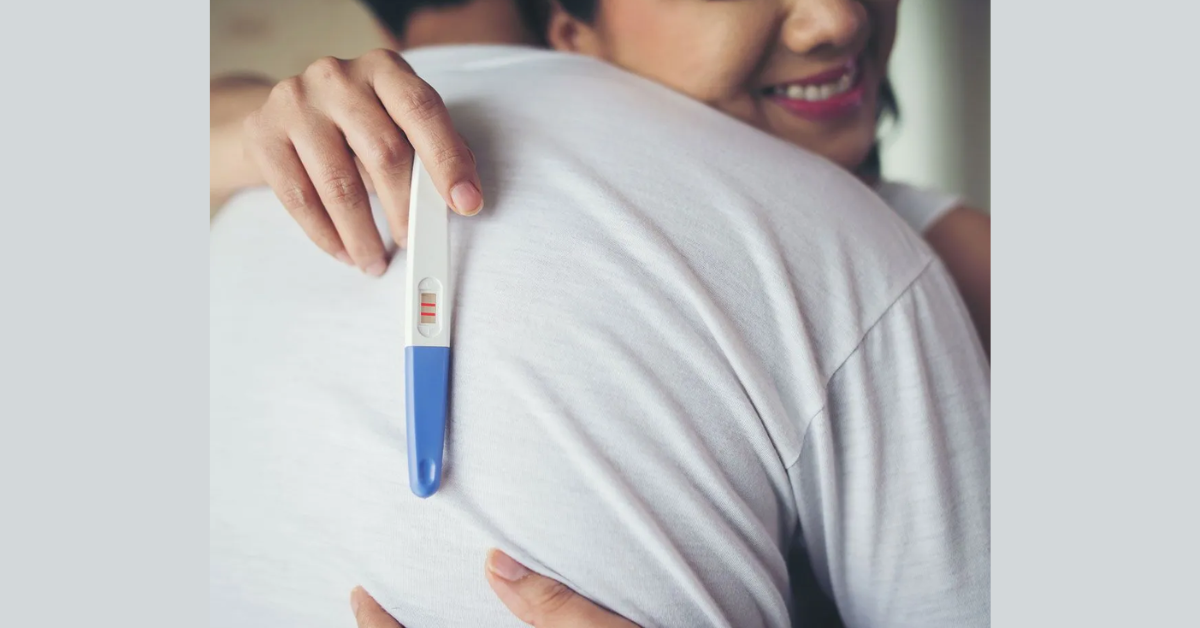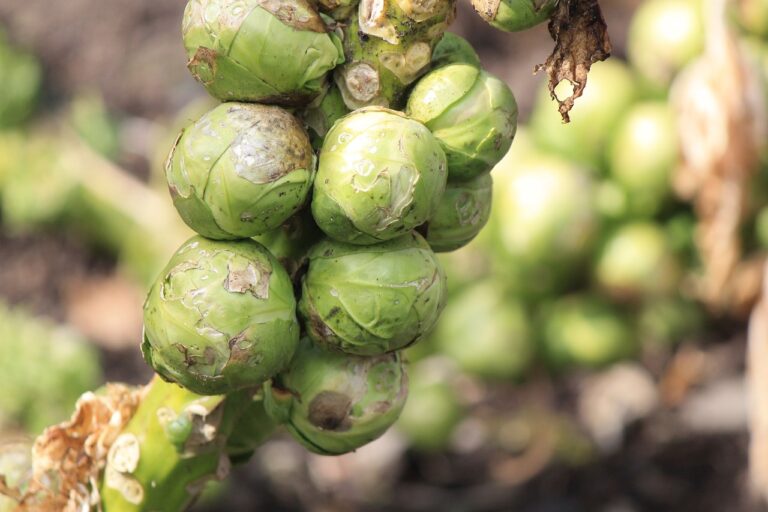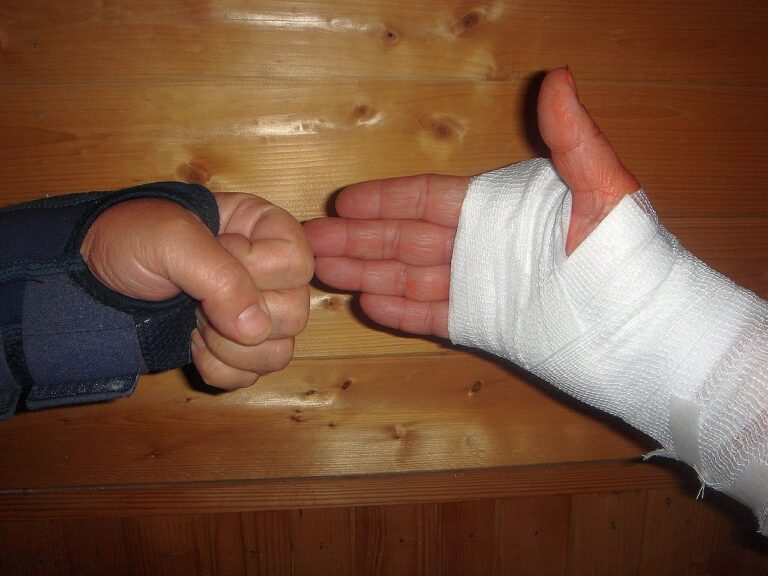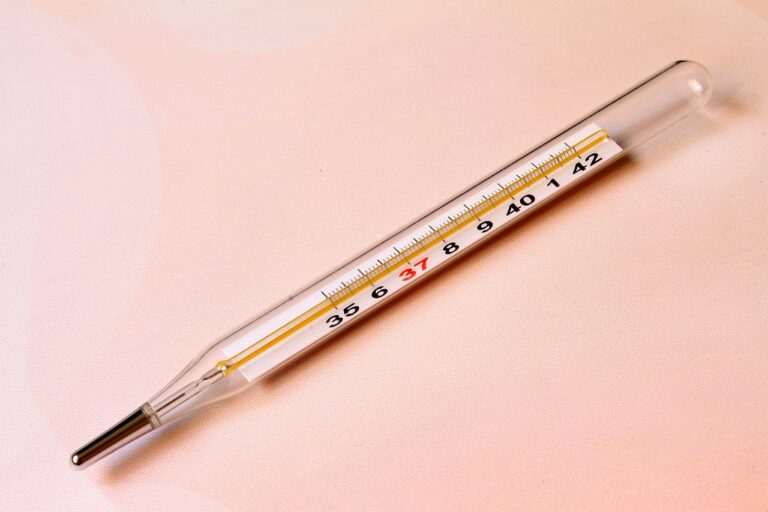Traditional Chinese Medicine (TCM) for Fertility in Singapore: An In-Depth Guide
Traditional Chinese Medicine (TCM) is an ancient system of healing that has been practiced for over 2,000 years. It is rooted in the belief that the body’s energy, known as Qi (pronounced “chee”), flows through pathways called meridians. When this energy flow is disrupted or imbalanced, it can lead to physical or emotional ailments. The goal of TCM is to restore harmony to the body and mind, promoting health and well-being.
One of the areas where TCM has gained widespread attention is in fertility treatment. Many couples facing difficulties with conception turn to TCM as an alternative or complementary treatment to assist in overcoming reproductive challenges. In Singapore, where modern medicine and alternative therapies often intersect, TCM For Fertility Singapore has become increasingly popular as an effective approach for addressing various causes of infertility.
How TCM Supports Fertility
TCM for fertility is based on a holistic understanding of the body. Rather than treating infertility as a single condition, TCM practitioners focus on identifying and addressing the underlying imbalances that may be affecting fertility. This approach takes into account both the physical and emotional aspects of a person’s health.
Here’s how TCM supports fertility:
-
Balancing Hormones
Hormonal imbalances are often at the root of infertility. In women, conditions like polycystic ovary syndrome (PCOS), endometriosis, or irregular cycles can result from hormonal fluctuations. In men, issues like low sperm count or poor sperm quality may be linked to hormone levels. TCM herbs and acupuncture help regulate the production of reproductive hormones, creating an environment more conducive to conception. -
Improving Ovulation and Sperm Production
For women, irregular ovulation can make it difficult to get pregnant. TCM treatments focus on stimulating and improving the ovarian function. For men, TCM therapies can improve sperm production, motility, and morphology, which are essential for successful fertilization. -
Enhancing Blood Flow and Qi Flow
The concept of Qi (life force energy) is central in TCM. Blood flow and Qi circulation play significant roles in fertility. For women, poor blood circulation to the uterus may affect the ability to conceive or carry a pregnancy. For men, impaired Qi flow may hinder sperm production. Acupuncture and herbal treatments work to improve circulation, ensuring that the reproductive organs receive the nourishment they need. -
Stress Reduction
In the fast-paced lifestyle of modern Singapore, stress is a common factor that impacts fertility. High levels of stress can disrupt hormonal balance, impair egg or sperm quality, and affect overall reproductive health. TCM practices, such as acupuncture, have been shown to help reduce stress and anxiety by promoting relaxation, which in turn enhances fertility. -
Strengthening the Immune System
Fertility can be affected by a weakened immune system, as it may cause chronic inflammation, autoimmune disorders, or recurrent miscarriages. TCM seeks to boost immunity by restoring balance in the body, which can help reduce the chances of immune-related fertility issues.
Key TCM Therapies for Fertility Treatment
TCM practitioners use a variety of techniques to help enhance fertility. Some of the most commonly used therapies include acupuncture, herbal medicine, cupping, and dietary therapy.
-
Acupuncture
Acupuncture is one of the most well-known TCM practices for fertility. It involves the insertion of very thin needles into specific points on the body to stimulate the flow of Qi. Acupuncture for fertility focuses on enhancing reproductive organ function, improving blood flow to the uterus and ovaries, and reducing stress. Many studies have shown that acupuncture can increase the chances of conception by improving ovulation and the health of the reproductive system. -
Herbal Medicine
Herbal remedies are often tailored to the individual’s unique constitution and fertility challenges. In TCM, herbs are used to regulate the menstrual cycle, balance hormones, improve sperm quality, and support general reproductive health. Common herbs used for fertility include Dong Quai, Chaste Tree Berry (Vitex), and Ginseng, among others. Herbal formulas are usually prescribed in combination with acupuncture treatments for maximum effectiveness. -
Cupping Therapy
Cupping is a therapeutic practice that involves placing special cups on the skin to create suction. It is believed to improve blood circulation, release toxins, and promote the flow of Qi. When used for fertility, cupping therapy is typically applied to areas such as the abdomen, lower back, and legs to stimulate the reproductive organs and enhance circulation to the uterus and ovaries. -
Dietary Therapy
In TCM, food is considered a form of medicine. Practitioners may recommend dietary changes to support fertility. A balanced diet rich in whole foods, vitamins, and minerals is essential for both men and women trying to conceive. Specific foods like ginger, cinnamon, and red dates are often recommended in TCM for their warming properties, which are thought to enhance reproductive health.
The Role of Acupuncture in TCM Fertility Treatment
Acupuncture plays a central role in TCM fertility treatments in Singapore. It is commonly used as a stand-alone therapy or in combination with other treatments like herbal medicine. Acupuncture is believed to work by balancing the body’s energy and promoting optimal blood circulation to the reproductive organs.
Research has shown that acupuncture can help women with conditions like PCOS, endometriosis, and irregular menstrual cycles. It also aids in reducing stress levels, which is essential for fertility. Furthermore, acupuncture can improve the effectiveness of in-vitro fertilization (IVF) treatments by enhancing blood flow to the ovaries and uterus.
For men, acupuncture has been shown to improve sperm motility and count, making it an effective option for couples where male infertility is a factor.
TCM for Male Fertility
While TCM for fertility is often associated with women, it is equally effective for men. TCM can improve sperm count, motility, and morphology, addressing issues such as low sperm quality or erectile dysfunction. For men experiencing fertility issues, TCM can:
-
Improve sperm quality and quantity
-
Increase sperm motility (the ability of sperm to swim)
-
Regulate hormones affecting sperm production
-
Support overall reproductive health
Why Choose TCM for Fertility in Singapore?
There are several reasons why individuals and couples in Singapore turn to TCM for fertility treatment.
-
Holistic Approach
TCM treats the whole person, addressing physical, emotional, and mental health. This comprehensive approach helps to address the root causes of infertility, rather than just the symptoms. -
Non-Invasive
Unlike some modern fertility treatments that may require invasive procedures or medications, TCM therapies are non-invasive. Acupuncture and herbal medicine are natural therapies that have minimal side effects, making them a safe option for many people. -
Complementary to Modern Medicine
TCM can complement modern fertility treatments, such as IVF, by improving the body’s overall health and preparing the reproductive system for conception. Many individuals find that combining TCM with Western medical treatments yields better results. -
Personalized Care
TCM practitioners tailor their treatments to each individual’s needs. Whether the issue is hormonal imbalance, stress, or poor sperm quality, TCM provides personalized care to help optimize fertility.
Frequently Asked Questions (FAQs)
Q1: How long does it take to see results with TCM for fertility?
The time it takes to see results can vary depending on the individual’s health condition and fertility issues. Some people may see improvements in their menstrual cycle or sperm quality within a few months, while others may require longer treatment.
Q2: Is TCM safe for both men and women?
Yes, TCM is safe for both men and women. It offers a natural, holistic approach to improving fertility, with minimal side effects. However, it’s essential to consult a qualified TCM practitioner to ensure the right treatment plan is followed.
Q3: Can I use TCM alongside IVF treatment?
Yes, many people use TCM in conjunction with IVF. In fact, studies have shown that acupuncture and herbal medicine can increase the success rates of IVF by improving blood flow to the uterus, balancing hormones, and reducing stress.
Q4: Are there any side effects of acupuncture?
Acupuncture is generally considered safe when performed by a licensed practitioner. Side effects are rare but may include slight bruising or soreness at the needle sites. Most people experience relaxation and a sense of well-being after a session.
Q5: How can I find a qualified TCM practitioner in Singapore?
To find a qualified TCM practitioner in Singapore, it’s important to look for someone with proper certification and a good track record in fertility treatments. You can also ask for recommendations from other patients or consult professional organizations in the field.
Conclusion
Traditional Chinese Medicine offers a holistic, non-invasive approach to fertility treatment. By balancing hormones, improving blood circulation, and reducing stress, TCM supports both male and female fertility. Whether used as a standalone treatment or in combination with modern medical approaches, TCM can enhance your chances of conception and promote overall reproductive health. If you are facing fertility challenges in Singapore, TCM may provide the solution you need to embark on your journey to parenthood.







